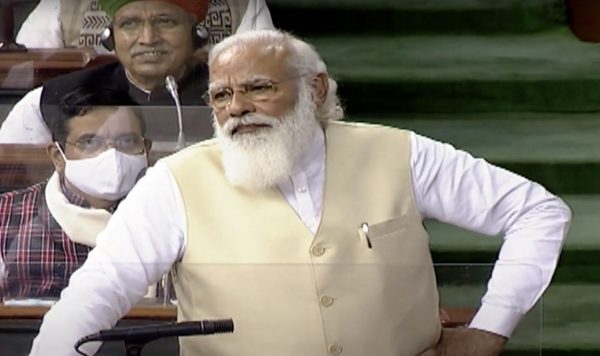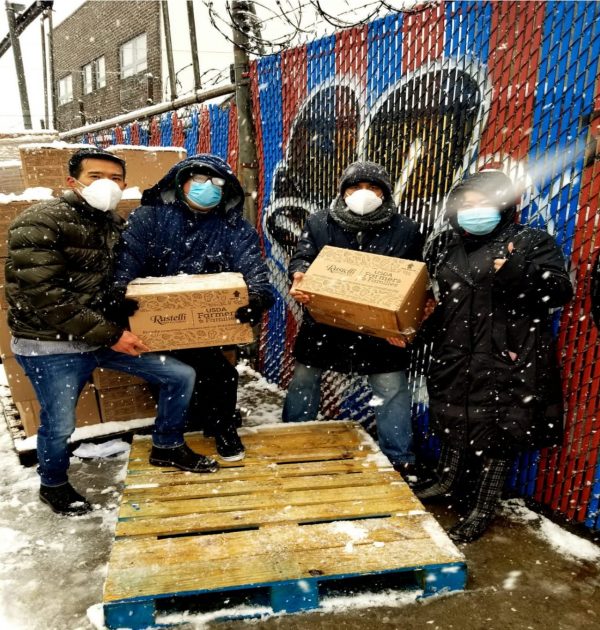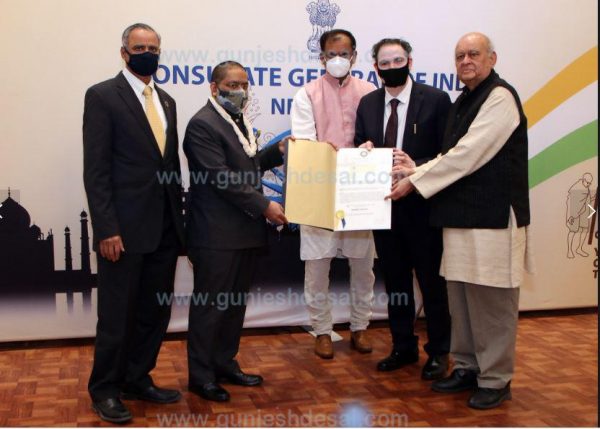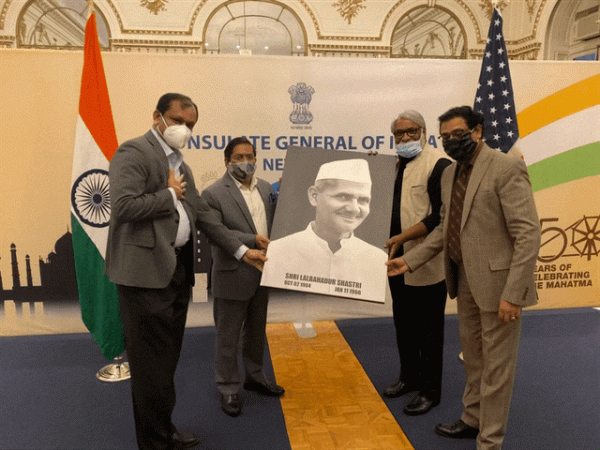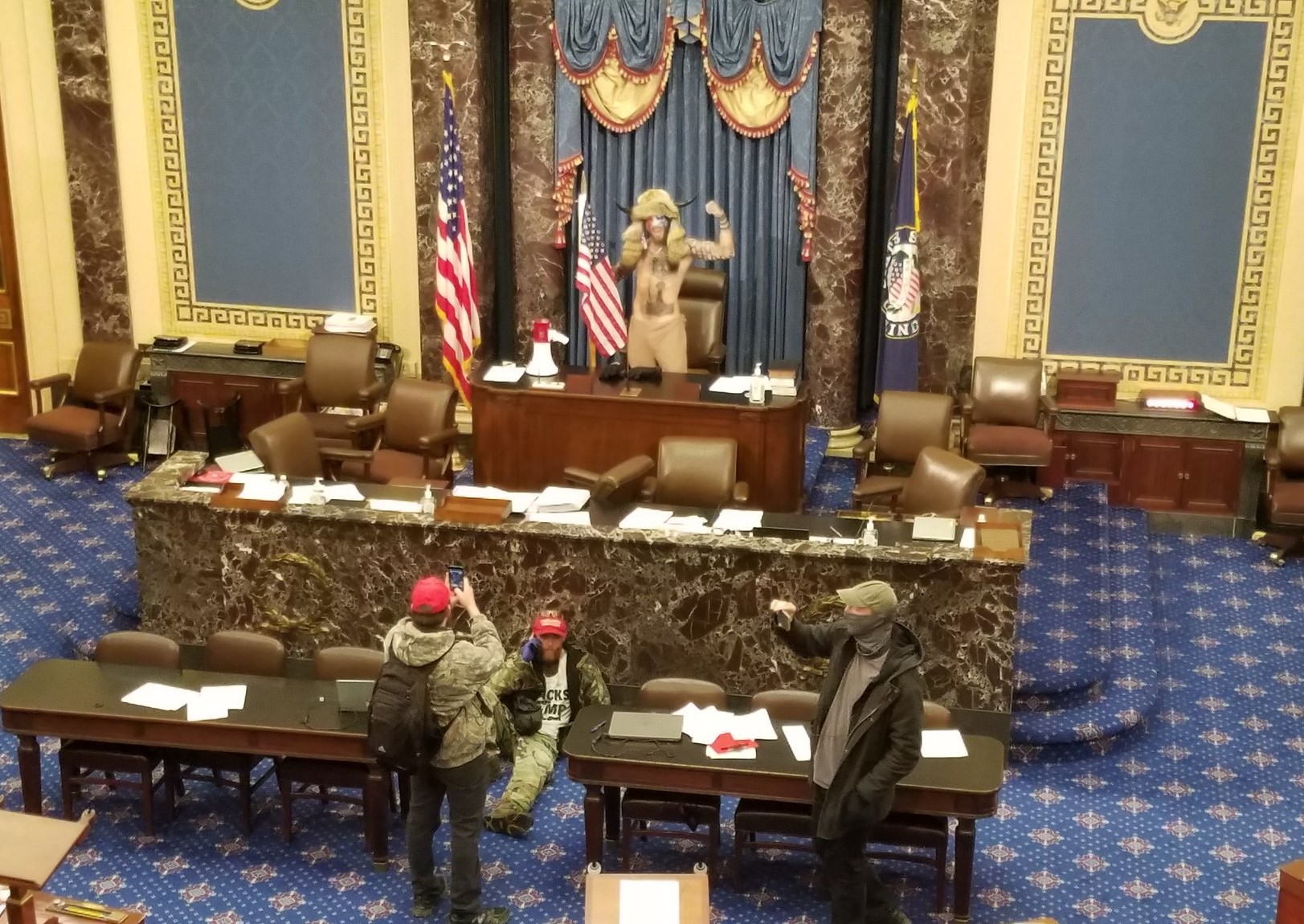After being under pressure for some weeks, Prime Minister Narendra Modi hits back at his detractors as he asserts government policy on farming, promotes India’s vaccine diplomacy and deals with China in a strong manner
Our Bureau
New Delhi
The pandemic didn’t damage the brand of Narendra Modi. In fact, he emerged stronger from it. But the ongoing farmers agitation seemed to project that the Indian Prime Minister was under siege. Not anymore.
On Wednesday, Modi said that he considers the ‘Kisan Andolan’ as ‘pavitra’ (pious) and slammed the ‘Andolanjeevis’ for hijacking the protest. “I consider the Kisan Andolan to be ‘pavitra’. The movement has importance in India’s democracy, but, when Andolanjeevis hijack protests, showcases photos of those jailed for serious offences, does it serve any purpose? Not allowing toll plazas to work, destroying telecom towers in Punjab. Does it serve pious protests,” PM Modi said in Lok Sabha during the reply to the Motion of Thanks on the President’s Address. “The protesters have done the work of ruining the pious agitation of the farmers. Therefore, it is very important for people of the country to differentiate between “andolankari” and “andolanjeevi,” he added.
Amid a walkout by Opposition MPs, Modi said, ” There are people who talk the right things. But this same section, when it comes to doing the right things, fail to convert words into action. Those who talk big on electoral reforms oppose the One Nation One Election. They speak of gender justice but oppose Triple Talaq.”
Tens of thousands of farmers have been camping out on main highways on the outskirts of New Delhi for more than two months in a bid to force the government to withdraw the new laws they say benefit private buyers at their expense.
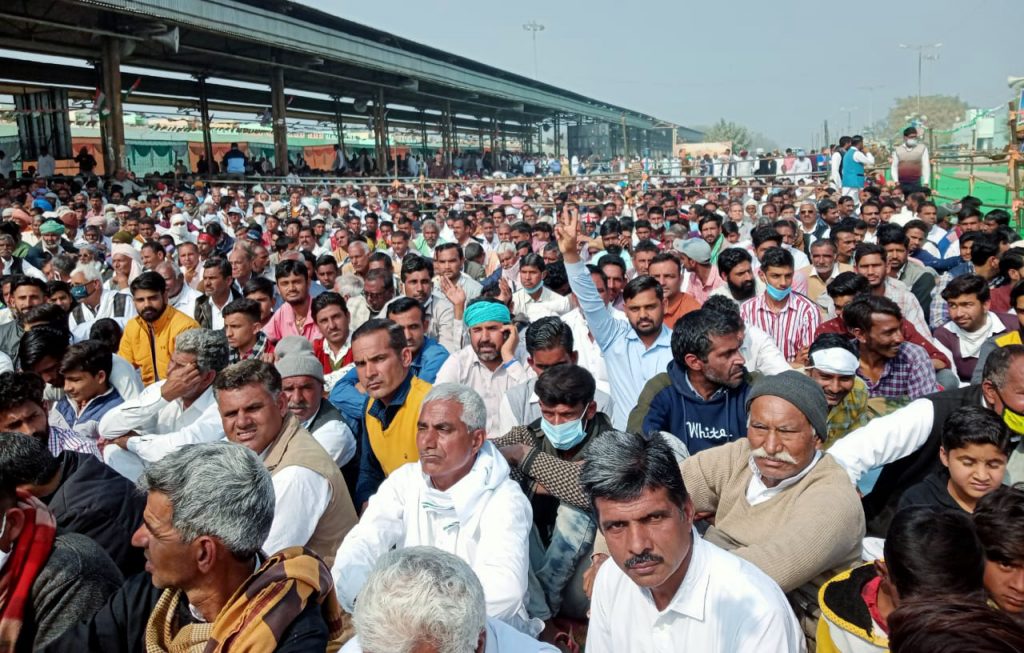
Modi has now become more tough on the issue.
Defending the farm laws, Modi said, “We can’t meet challenges of agriculture sector in 21st century with thinking of 18th century. We will have to change it. Nobody wants farmers to stay stuck in the cycle of poverty, that he doesn’t get right to live. I believe farmers shouldn’t be dependent on others. It is our responsibility.”
Noting that the process of reforms in agriculture is necessary and important, Prime Minister said that the new farm laws provide an option to farmers and have been brought to meet the emerging challenges.
The Prime Minister accused the opposition of misleading farmers protesting against farm laws. “Congress MPs in House debated on the color of the laws. It would have been better if they had debated on the content and intent of the laws. Let us understand, as far as the protests are concerned, our farmer brothers at Delhi borders have been a victim of rumors, propaganda and confusion,” he said.
He said the new farm laws provide alternatives to farmers. “I want to ask has anything been snatched that was available earlier? What has happened is an alternative option has been provided. That is the arrangement under the new laws,” he said.
The Indian Prime Minister on Wednesday invited protesting farmers for talks to address growers’ concerns about three new agricultural laws that seek to deregulate the country’s vast farm sector. “India’s private sector has played an important role in the nation’s welfare, and we need wealth creators here,” he said.
Stressing the need to switch to profitable crops such as fruit and horticulture, Modi said Indian farmers needed to look beyond growing rice and wheat. After years of bountiful harvests, India struggles with bulging inventories of rice and wheat worth billions of dollars that lie unsold in government warehouses.
Vaccine Diplomacy
The Indian government under Modi is using the country’s capacity to produce vaccines to its advantage and to help create a positive narrative around it. Keeping in line with Modi’s commitment that the country’s vaccine production capacities would be used for all of humanity, India has announced a humanitarian donation of 5.7 lakh doses of vaccines for the Caribbean Region. Countries including Antigua and Barbuda, the Bahamas, Barbados, Belize, Dominica, Montserrat, Saint Kitts and Nevis, Trinidad and Tobago, Suriname, Grenada, Guyana, Haiti, Jamaica, Saint Lucia, Saint Vincent and the Grenadines, are CARICOM countries.
The vaccines are being sent to these countries as humanitarian aid.
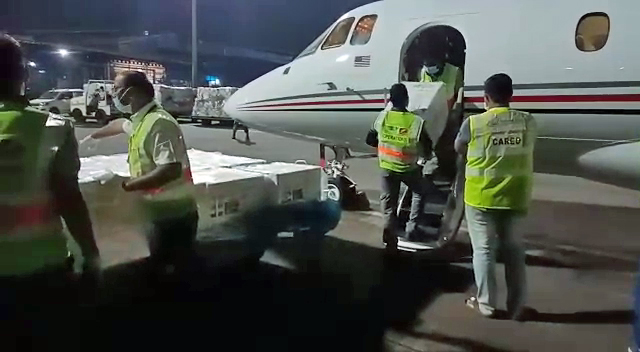
Now, even India and Canada seemed to get around their recent tensions over farmers’ protests as Modi assured his “friend” Prime Minister Justin Trudeau that New Delhi would do its best to supply COVID-19 vaccines sought by Ottawa.
The new turn in ties followed weeks of sparring between the two countries over the farmers’ crisis with Canada defending the rights of the mostly Sikh farmers to protest and India accusing radical Sikhs in Canada of taking advantage of the unrest to spark separatist fires in Punjab.
The development was the outcome of a call from Trudeau to Modi late on Wednesday. “Was happy to receive a call from my friend @JustinTrudeau. Assured him that India would do its best to facilitate supplies of COVID vaccines sought by Canada. We also agreed to continue collaborating on other important issues like Climate Change and the global economic recovery,” Modi said in a tweet.
A statement issued by the Office of the Prime Minister of Canada said: “Expressing his appreciation, Prime Minister Trudeau said that if the world managed to conquer COVID-19, it would be significantly because of India’s tremendous pharmaceutical capacity, and Prime Minister Modi’s leadership in sharing this capacity with the world. Prime Minister thanked PM Trudeau for his sentiments,” the statement said.
China Border Issue
The year 2020 was difficult not only because of the pandemic but also because the armies of India and China came face to face, ready to attack each other. It was one of the biggest challenges for Modi during his six years of governance.
Now, nine months after being locked in an eyeball-to-eyeball confrontation in the East Ladakh sector, the armored units of Indian Army and the People’s Liberation Army (PLA) started withdrawing from north and south banks of the frozen Pangong Tso on Wednesday evening, paving a way for peace and tranquility to be restored all along the Line of Actual Control (LAC) with China.
While Defense Minister Rajnath Singh issued a statement on the “phased, coordinated and verifiable” pullback by the two armies in Rajya Sabha today, it was a measure of confidence on part of the Narendra Modi government to ensure that Indian Army stood-up to the PLA through the polar winter in East Ladakh. The disengagement exercise on both banks of Pangong Tso was a result of multiple rounds of back-channel negotiations with external affairs minister S Jaishankar and National Security Advisor Ajit Doval, guided by PM Modi, working behind the scenes. The ground positions were negotiated by the two Corps Commander-rank officers and the framework, through the diplomatic channel.
Top government functionaries said the fundamental principle behind the disengagement was that both armies go back to their permanent bases as existed in April 2020. This means that while PLA will withdraw to the Srijap sector, east of Finger 8 mountainous spur on the north bank, the Indian Army will withdraw to the permanent base on Finger 3 named after Lt Colonel Dhan Singh Thapa, the legendary military commander who was awarded the Param Vir Chakra after the 1962 war.
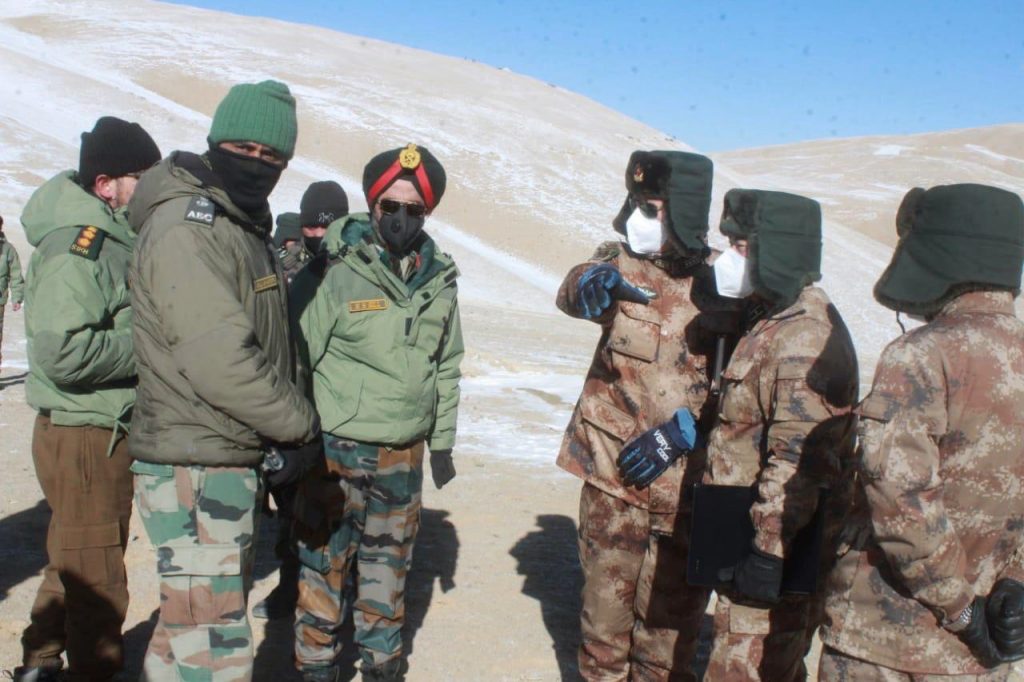
Modi has been getting tough with China since the border crisis began.
The decision to ban Chinese origin apps including TikTok and WeChat, just ahead of the third round of talks between Indian and Chinese military commanders, saw the information and technology ministry work through the night to put together the extensive paperwork needed for the unprecedented measures.
As the blinds were pulled across the windows in IT minister Ravi Shankar Prasad’s office to ensure the flurry of activity was not noticed, top officials worked on a specific brief from Prime Minister Narendra Modi: The ban must be announced before the talks began. The ministry brass, along with law officials, finished the paperwork just in time.
Modi was clear that China got an unequivocal message after the savage clash at Galwan.
The disengagement announced at Pangong Tso, so far proceeding smoothly, was the most difficult aspect of the de-escalation discussed at military and diplomatic levels over the past several months. The Chinese occupied the ridges amid reports of a helipad being built. The whole of government approach adopted in countering China across political, economic and diplomatic spheres was, sources said, a completely new experience for the Chinese.
With the pandemic almost on the wane in India, Modi seems to have weathered a huge crisis. Now, he seems to be in the mood to assert his postures and policies.
















